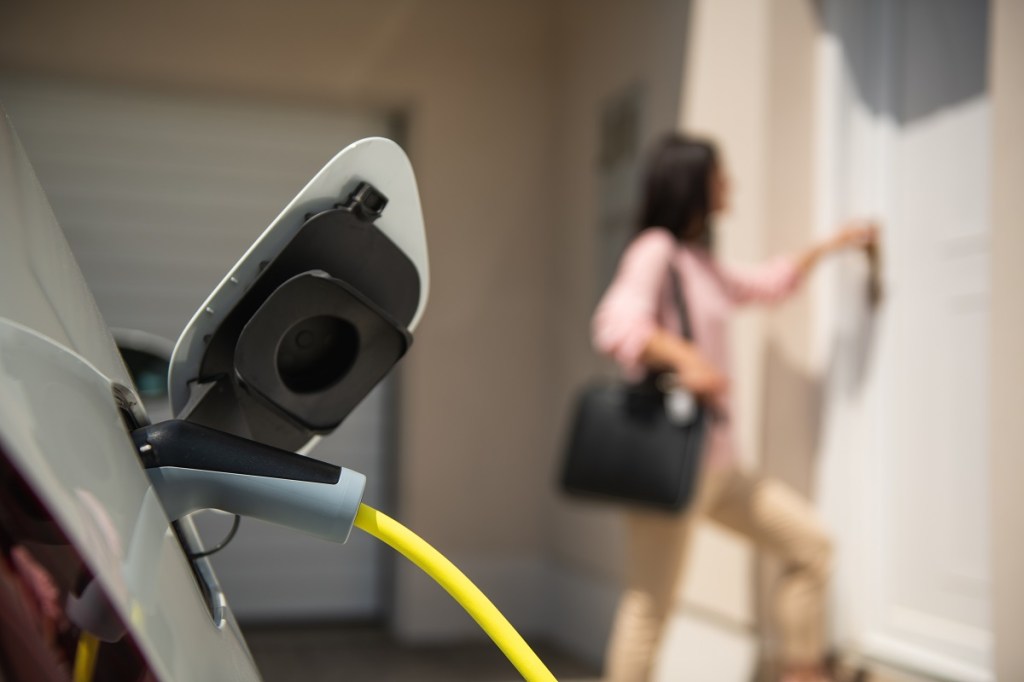Prime Minister Scott Morrison announced that the Federal Government will fund 50,000 charging stations for Australian households as part of their Future Fuels strategy.
The Future Fuels strategy will partner with the private sector and invest $250 million of taxpayers’ dollars in the electric vehicle (EV) charging infrastructure, which the government claims will create 2600 jobs over three years.
The strategy projects that low-emission vehicles will make up 30 per cent of passenger and light commercial vehicle sales by 2030, but does not include any subsidies, tax incentives, or sales targets.
“Reducing the total cost of ownership through subsidies would not represent value for the taxpayer, particularly as industry is rapidly working through technological developments to make battery electric vehicles cheaper,” said the government’s strategy.
The Electric Vehicle Council (EVC) criticised the strategy for failing to deliver minimum fuel efficiency standards, which have been used in the US and Europe.
Fuel efficiency standards require car manufacturers to sell vehicles with a combined level of emissions below a defined benchmark to encourage the uptake of zero emission vehicles.
Behyad Jafari, EVC Chief Executive, said fuel efficiency standard is the absolute bare minimum of what would be expected in any 21st century plan.
“If Australia continues to be one of the only developed nations without fuel efficiency standards, then we will continue to be a dumping ground for the world’s dirtiest vehicles. It’s sadly that simple.”
The strategy is a shift from the Liberal Party, who in 2019 critised Labor’s plan of a non-binding target of 50 per cent new car sales being EVs by 2030.
The PM said he didn’t regret the criticism, and it was directed at Labor’s policy, not EVs.
“I don’t have a problem with electric vehicles, I have a problem with governments telling people what to do and what vehicles they should drive and where they should drive them, which is what Bill Shorten’s plan was.”

